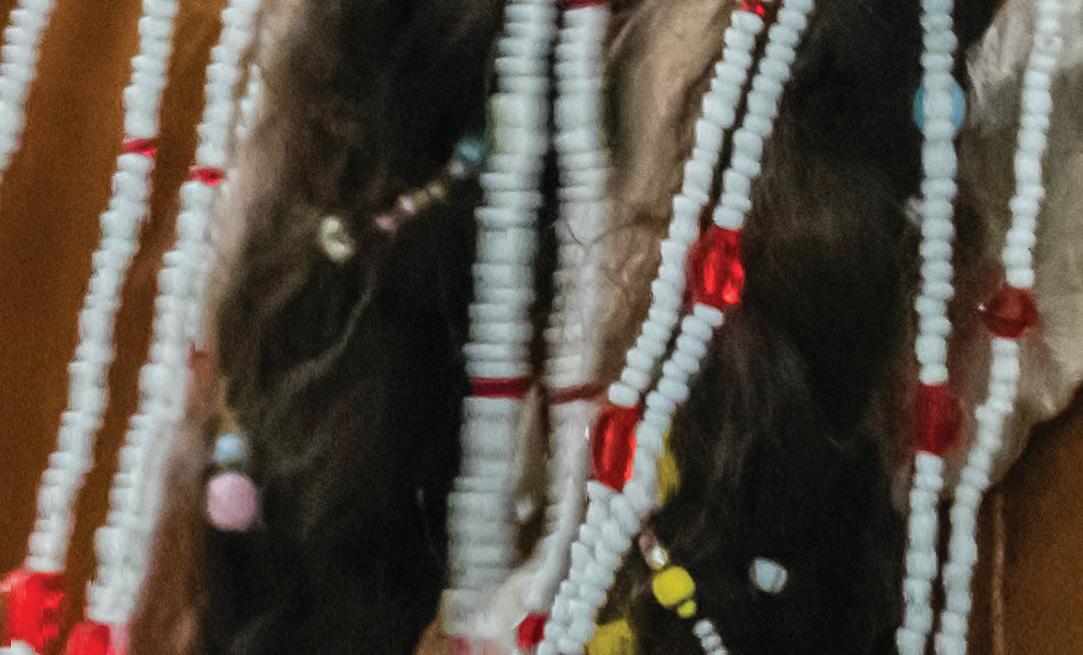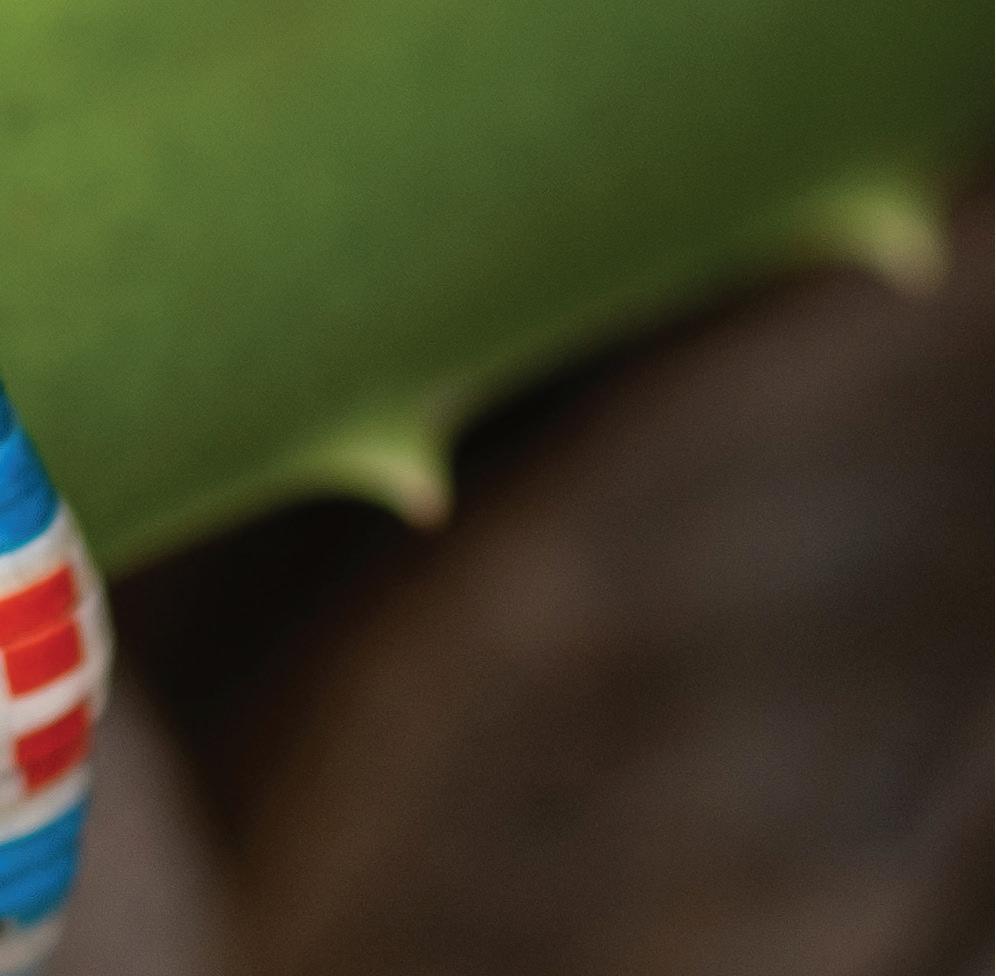
5 minute read
Culture & Community
Page 12
Ask Your Client: “Is experiencing local culture while you travel important to you?”
For travelers who want to immerse themselves in cultures other than their own, there are myriad options in the travel sphere. But how respectfully are travel companies engaging with residents—particularly native and indigenous cultures? Are local communities involved with the tour provider’s decision-making, using their rich cultural knowledge to suggest meaningful interactions with travelers?
Rooting conversations with your clients in the universal concept of treating everyone they encounter with dignity and respect is an easy sell, and a good place to start. You can ask them: “Would you rather
engage with cultures in an authentic, respectful way, or experience a surface-level, 'fast-food version' of a cultural experience?”
Culture seekers want authenticity, and responsible travel companies are invested in partnering with local communities and ensuring cultural interactions are both authentic and respectful. Guiding your clients toward travel providers that have built solid bridges between their company and the local people creates cross-cultural understanding and a positive travel experience for all.
What else can you tell your clients?
“You live by the Golden Rule— treating others the way you want to be treated, right? Travel companies that live by the Golden Rule respect diverse cultures and people, and honor the perspectives they have to share.”
“Sustainable travel companies have fostered deep ties in the communities they visit—even through multiple generations. What better way to authentically experience a culture than with a travel provider that has developed long-lasting, meaningful connections with local people?”
“As a traveler, you have purchasing power. Rather than buying mass-produced souvenirs, consider purchasing artisanal goods with environmental and social value. Artisan handcraft development is the second highest income generator in the developing world behind agriculture,9 so buying from a local artisan means you’re not only acquiring a thing of quality and beauty, but providing an income for a local family as well.”
“Did you know tourism dollars help local economies—and conservation? Sustainable tourism often prompts local residents to protect natural resources, especially when the economic benefits of such actions are clear.”







Traditional dancer in full regalia in Petropavlovsk, Kamchatka, Russia.















Close-up of a beaded necklace made with recycled paper, crafted by artisan Sara Fiallos in the Galápagos Islands, Ecuador.










Ask Travel Companies About: Culture & Community
Sustainable travel companies are committed to preserving culture and supporting local communities. The tourism dollars they bring remain within the communities they visit, empowering families and benefi ting the local economy. It’s not just about the travel provider’s bottom line: it’s about recognizing and respecting the inherent dignity of every person; fostering meaningful, lasting connections; and supporting locally-led solutions to environmental, educational, and economic challenges.
The following questions will help you determine whether travel companies operate with cultural sensitivity and community mindedness:
Respecting Local Communities:
• “How deep are your ties to the communities you visit?” • “Do you work closely with local communities to ensure their customs, culture, and people are treated with respect and dignity?” • “Are your cultural interactions authentic, or presented as a "spectacle" meant to entertain?” • “Do you provide guidance to your staff and guests about how to interact appropriately with local people based on their cultural norms and customs?” • “Do the tourism dollars you bring to the community stay in the community?”
Preserving Culture:
• “Do you actively support efforts to preserve culture, particularly native and indigenous cultures?” • “What projects have you supported to help preserve endangered cultural art forms or traditions?”
Supporting Community Needs:
• “Do your itineraries take into account how your operations might enhance—or burden—local communities’ resources?” • “How do you support locally-driven, environmental, educational, and/or economic initiatives in the communities you visit?”
SHOPPING: THE ARTISAN EFFECT
Travel suppliers with on-site shopping have a choice when it comes to what kind of goods they sell. Do they stock mostly mass-produced products with little or no environmental or social value, shipped in from another country? Or do they sell quality, handcrafted goods made by local artisans? Choosing to support local artisans and producers is another marker of a truly sustainable travel company. Watch The Artisan Eff ect video to learn more.








